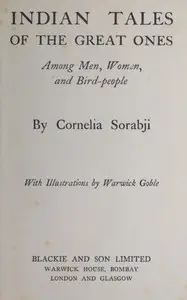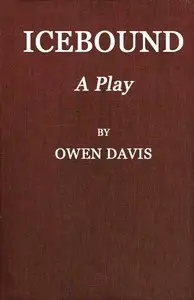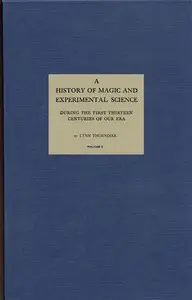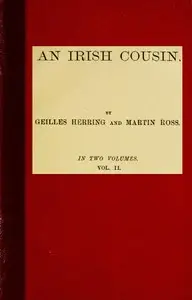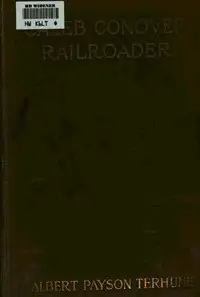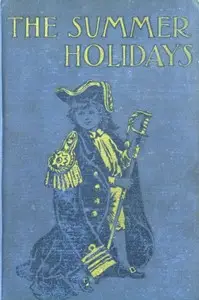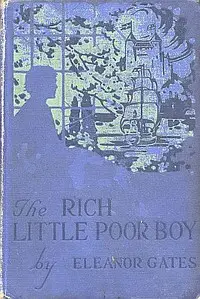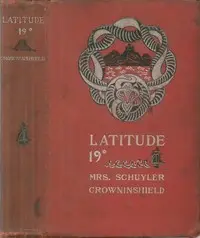"Between the Twilights: Being Studies of Indian Women by One of Themselves" by Cornelia Sorabji is a series of reflective essays that explore the lives and experiences of Indian women, likely written in the early 20th century. The work offers insights into the cultural and social conditions of women in India, presented through the lens of an author who shares their stories, struggles, and perspectives. The focus is on the unique position of these women between traditional and modern influences, bridging the gap between two civilizations. The opening of the work introduces the concept of the "twilight" as a metaphorical space where light and darkness converge, symbolizing the nuanced experiences of women. Sorabji recounts her intimate observations while engaging with women in the Zenana, emphasizing their wisdom, simplicity, and the deep-seated yearnings that shape their lives. She expresses a desire for the broader world to understand these women, underscoring their significance in a society grappling with change. The narrative combines personal reflection with cultural commentary, effectively setting the tone for the subsequent studies that delve deeper into the roles of various women in Indian society. (This is an automatically generated summary.)
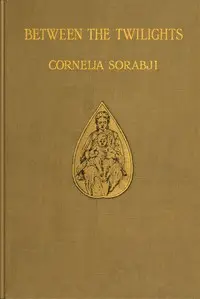
Between the twilights : $b Being studies of Indian women by one of themselves
By Cornelia Sorabji
"Between the Twilights: Being Studies of Indian Women by One of Themselves" by Cornelia Sorabji is a series of reflective essays that explore the live...
Cornelia Sorabji was an Indian lawyer, social reformer and writer. She was the first female graduate from Bombay University, and the first woman to study law at Oxford University. Returning to India after her studies at Oxford, Sorabji became involved in social and advisory work on behalf of the purdahnashins, women who were forbidden to communicate with the outside male world, but she was unable to defend them in court since, as a woman, she did not hold professional standing in the Indian legal system. Hoping to remedy this, Sorabji presented herself for the LLB examination of Bombay University in 1897 and the pleader's examination of Allahabad High Court in 1899. She became the first female advocate in India but would not be recognised as a barrister until the law which barred women from practising was changed in 1923.


